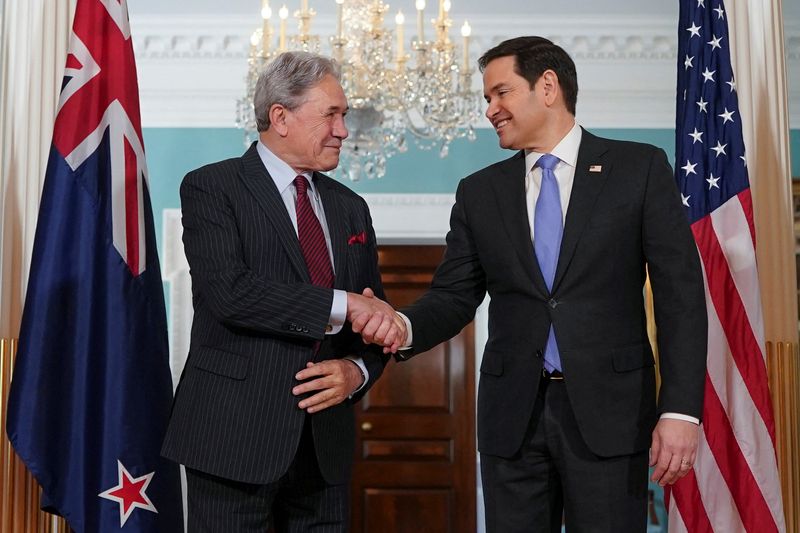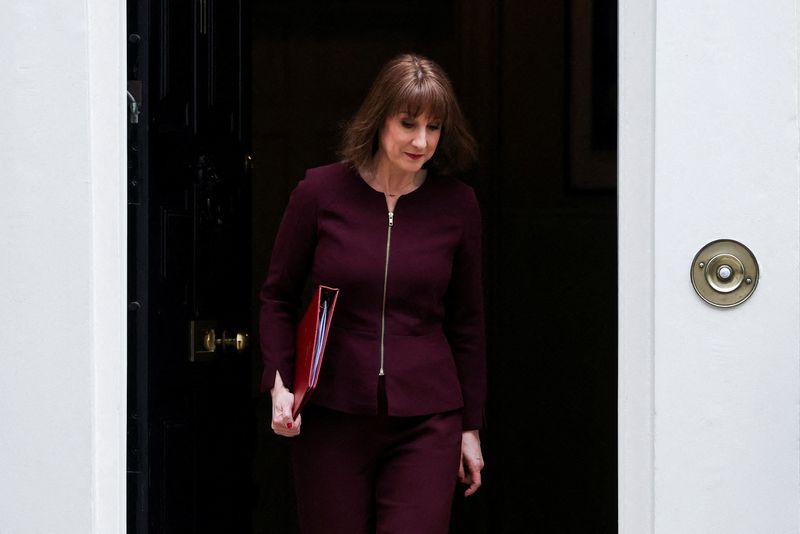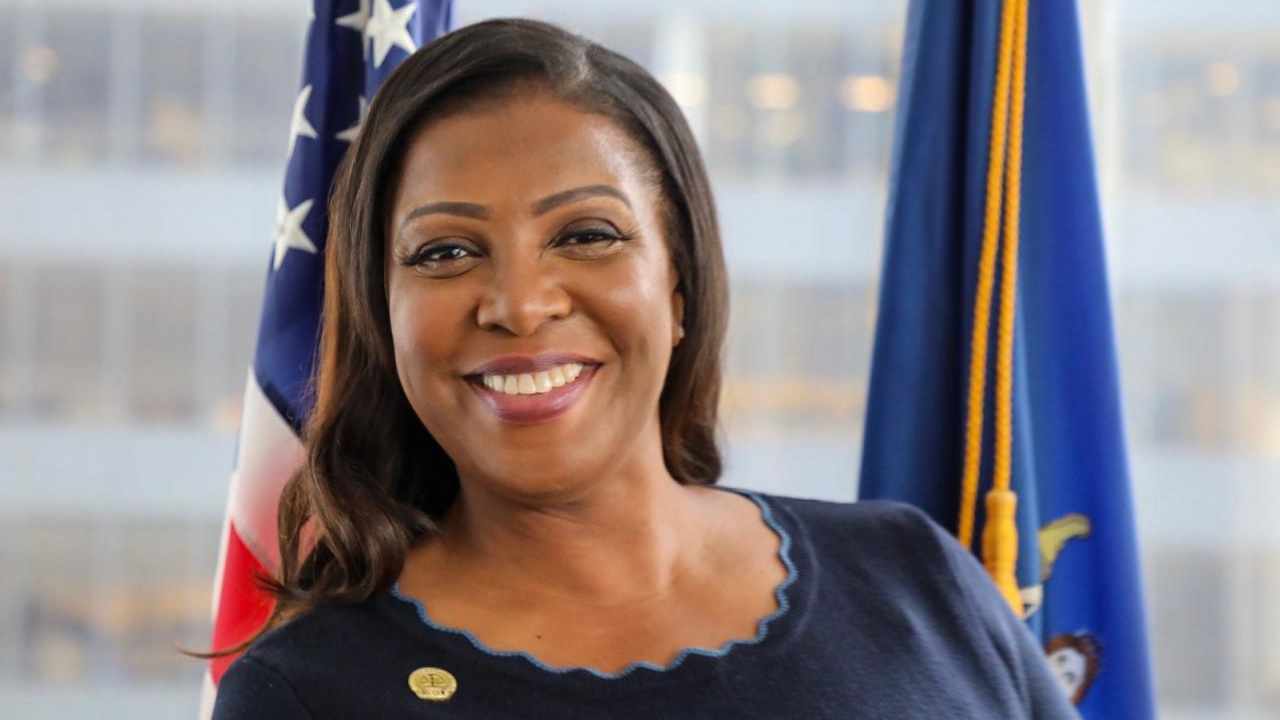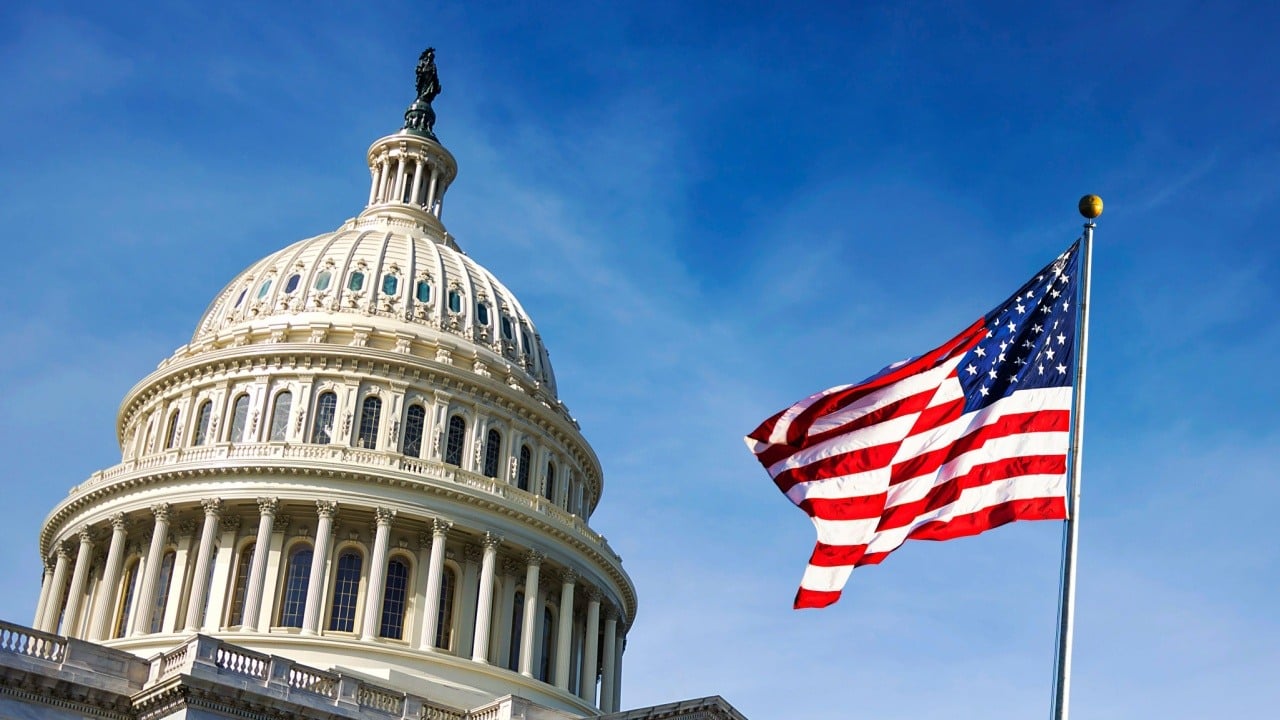The 4 basic parenting styles—and what science says about which is best
From imposing rigid rules to no rules, people tend to parent in one of four basic ways.

While newfangled names for parenting styles, from tiger to panda, tend to conjure images of an unruly zoo, most are just trendy spins on one of four basic styles that have been referred to by professionals since the 1960s.
That’s when clinical and developmental psychologist Diana Baumrind coined the three main categories of parenting styles, with a fourth being added by her later, in the 1980s, based on the work of Stanford researchers Eleanor Maccoby and John Martin.
These are the four parenting styles at the heart of all other styles, from helicopter to free-range, including guidance on how they all fit together—and which one is the best.
Authoritarian
This approach to parenting is basically the old-school, fear-based “because I said so” approach—strict, high expectations, lack of warmth, rigid rules with no explanation, and severe punishment for disobedience.
Ironically, studies including a 2017 meta-analysis have found that harsh discipline and mind control were two of the biggest reasons why a child’s behavior would worsen over time. A body of research has consistently linked authoritarian styles to negative developmental outcomes, including aggression, delinquent behaviors, health issues, anxiety, and depersonalization.
“Children raised by authoritarian parents often exhibit well-behaved behavior due to the consequences of misbehavior,” notes a 2022 StatPearls article by Terrence Sanvictores and Magda D. Mendez. “Additionally, they tend to follow precise instructions more effectively to achieve their goals. However, this parenting style can also lead to higher levels of aggression, while children may also exhibit shyness, social ineptitude, and difficulty making their own decisions…and may struggle with self-esteem.”
On a lively Reddit thread of grown survivors of this type of parenting, contributors shared thoughts like, “I think this was a huge contributor to my anxiety disorder,” and “I remember being a kid and thinking that my older brothers were being very dramatic when they called my dad a fascist, but then I grew up and read a description of authoritarian parenting.”
Other names/subtypes: militant parenting (something Khloe Kardashian has claimed to follow), strict parenting, and tiger parenting—although this final one, popularized 2011 by Amy Chua (who said she had many regrets by 2023), is not a precise fit, as it contains both high levels of negative parenting, like strict rules, and high levels of positive parenting, like warmth and support. (e.g., warmth and support), noted the American Psychological Association.
Permissive
“Permissive parents are typically warm and nurturing, often holding minimal expectations for their children,” note Sanvictores and Mendez. “They impose few rules and maintain open communication, allowing their children to navigate situations independently.” As a result, there is not much discipline, as “permissive parents often take on a more friend-like role than that of traditional authority figures.”
A permissive parent may let a kid stay up super late even if they have to get up early for school, set no rules or boundaries, and never say no to their child for fear of making them sad.
The Maccoby and Martin research found this type of parenting was associated with negative developmental outcomes, including anxiety, depression, withdrawn behavior, healthy complaints, and problem behavior including school misconduct and delinquency—but also issues with “social skills, self–confidence, self–understanding and active problem coping.”
Other names: Indulgent parenting, lenient parenting. Amanda Diekman, host of the Low Demand Parenting podcast, believes we need to “challenge the fear and judgment around permissiveness, and explore why flexibility, collaboration, and permission might just be the tools we desperately need to raise thriving, neurodivergent kids.” Maybe, she says, “it's time to rethink and maybe even embrace permissive parenting.”
Authoritative
Spoiler alert: This, hands down, is the winning approach, say experts and researchers. But what is it?
Baumrind considered authoritative parenting to fall somewhere in between the two extremes of authoritarian and permissive parenting. It is characterized by a “close, nurturing relationship between parents and children,” noted the StatPearls article. “Parents set clear expectations and guidelines and explain the reasoning behind their disciplinary actions.” They also use discipline not as punishment, but as a means of support—and encourage children to have a say in setting goals and expectations, fostering open parent-child communication. “This parenting style,” the article notes, “generally results in the healthiest outcomes for children but requires considerable patience and effort from both parties.”
The research of Maccoby and Martin, points out a Journal of Child and Family Studies article from 2018, consistently demonstrated that youth of authoritative parents had the most favorable development outcomes. The style, it said, “has consistently been associated with positive developmental outcomes in youth, such as psychosocial competence (e.g., maturation, resilience, optimism, self-reliance, social competence, self-esteem) and academic achievement.”
Other names/subtypes: While none is an exact example, various modern forms of authoritative parenting include free-range parenting (with looser reins, edging a bit closer to permissive, but still having rules, and consequences if they are not followed); lighthouse parenting; gentle parenting (which brings a broader blend of both firm and kind); panda parenting; and “sturdy parenting,” coined by parenting expert Dr. Becky. "When we’re able to validate feelings and hold boundaries, we stay connected to our kids and build the skills they need to actually change behavior,” she explained on Instagram. “This is the kind of parenting that builds strong relationships… breaks intergenerational cycles… and truly changes lives."
Neglectful
This was the fourth style added to the lineup by Baumrind based on the work of Maccoby and Martin.
It’s characterized by granting children a high level of freedom, and by taking a hands-off approach. While these parents may fulfill their child's basic needs, they remain emotionally detached and disengaged from their child's life, wrote Sanvictores and Mendez, adding, that these parents “do not adhere to a specific disciplinary style and maintain limited communication with their children, providing minimal nurturing and having few, if any, expectations.” They tend to prioritize their own needs and have a lack of emotional attachment to their kid.
Children raised this way “often demonstrate resilience and may be more self-sufficient than those raised in other parenting styles,” they wrote. “However, these skills are typically developed out of necessity. Additionally, they may struggle with emotional regulation, exhibit less effective coping strategies, face academic challenges, and have difficulty maintaining or nurturing social relationships.”
The outcomes of this type of parenting, found Maccoby and Martin, were the worst in various areas, noted the 2018 journal article, such as “lacking self-regulation and social responsibility, poor self-reliance and social competence, poor school competence, antisocial behavior and delinquency, anxiety, depression and somatic [physical] complaints.”
Other names: Uninvolved or indifferent parenting
More on parenting:
- Modern parenting is hurting kids and adults, ‘Anxious Generation’ author warns
- Stressed out children may share one factor: Highly educated parents
- Surrogacy just brought YouTube and Netflix star Ms. Rachel a new baby—and she’s not alone. Here’s why the business is booming
This story was originally featured on Fortune.com




























































































































































































![How to Find Low-Competition Keywords with Semrush [Super Easy]](https://static.semrush.com/blog/uploads/media/73/62/7362f16fb9e460b6d58ccc09b4a048b6/how-to-find-low-competition-keywords-sm.png)


